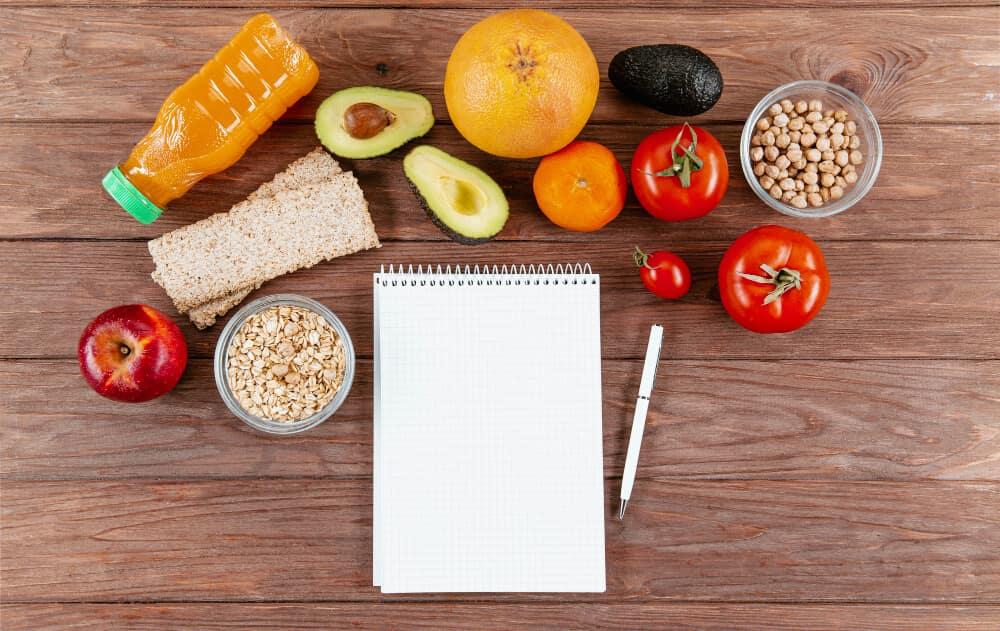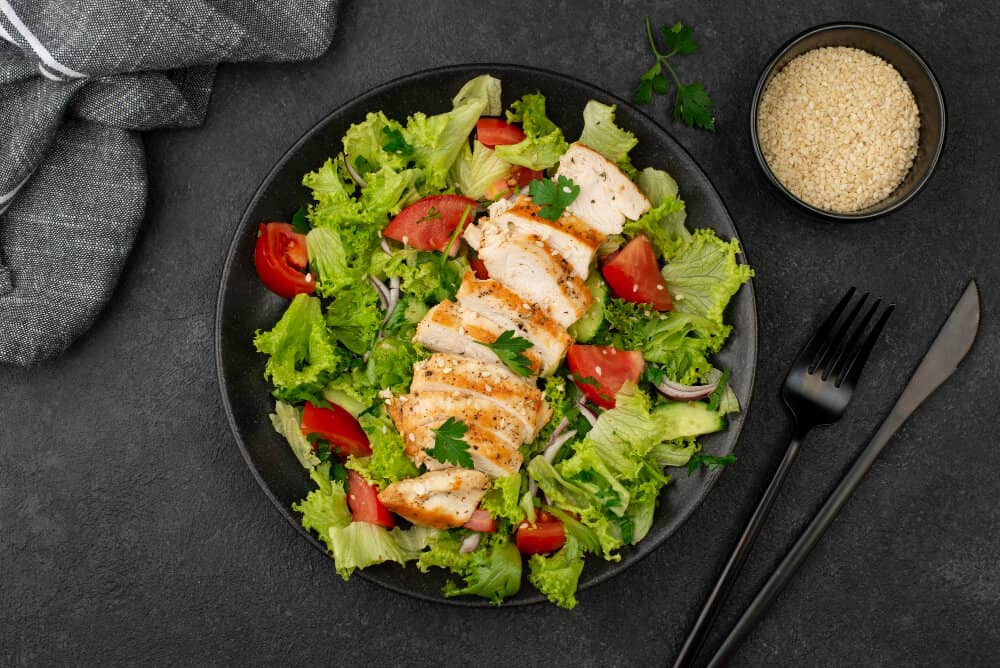Unlocking Delicious Control: A Diabetic Diet Guide for Every Taste Bud
Diagnosed with diabetes? It doesn’t mean giving up on delicious food! A healthy diabetic diet allows you to manage your blood sugar levels while enjoying a variety of flavorful and satisfying meals. This guide empowers you to take control of your diet, understand the key principles of healthy eating for diabetes, and discover delicious recipes that won’t compromise your health goals.
Understanding Diabetic Diets
Living with diabetes means being mindful of your blood sugar levels. Food plays a crucial role in blood sugar control, as carbohydrates (carbs) are broken down into glucose, the body’s primary energy source. A diabetic diet focuses on controlling carb intake and maintaining a balanced intake of macronutrients (carbohydrates, protein, and fat) to achieve healthy blood sugar levels.
The Role of Macronutrients:
- Carbohydrates: The main source of blood sugar. Choose complex carbs like whole grains, fruits, and vegetables over simple carbs like white bread, pastries, and sugary drinks.
- Protein: Provides a feeling of fullness and helps regulate blood sugar. Lean protein sources include chicken, fish, beans, and lentils.
- Fat: Provides energy and supports satiety. Choose healthy fats like avocado, nuts, and olive oil.
Fiber Power:
Fiber, found in fruits, vegetables, and whole grains, plays a vital role in slowing down carbohydrate absorption, leading to a more gradual rise in blood sugar levels. Aim to include fiber-rich foods at every meal.
Building Your Diabetic Plate
Creating balanced meals is key to managing your diabetes. Imagine your plate divided into sections:
- Half: Non-starchy vegetables like broccoli, spinach, and green beans.
- One-quarter: Lean protein source like grilled chicken or fish.
- One-quarter: Whole grains like brown rice, quinoa, or whole-wheat bread.
Carb Counting for Success:
Carbohydrates have the most significant impact on blood sugar levels. Learning to count carbs empowers you to make informed dietary choices.
- Identifying Carbs: Carbs are found in grains, fruits, vegetables, and dairy products. Read food labels and understand how much carbohydrate is in each serving.
- Calculating Daily Needs: Discuss your individual carb needs with your doctor or a registered dietitian. This will depend on your activity level, blood sugar goals, and medications.
Unlocking Flavorful Meals: Sample Diabetic-Friendly Recipes
Now, let’s explore some delicious recipe ideas that are perfect for a diabetic diet:
Breakfast:
- Scrambled Eggs with whole-wheat toast and avocado slices
- Greek yogurt with berries and a sprinkle of nuts
- Whole-wheat pancakes with sugar-free syrup
Lunch:
- Tuna salad sandwich on whole-wheat bread with lettuce and tomato
- Grilled chicken salad with mixed greens, quinoa, and a light vinaigrette
- Lentil soup with a whole-wheat roll
Dinner:
- Salmon with roasted vegetables and brown rice
- Turkey chili with kidney beans and corn
- Vegetarian stir-fry with tofu, vegetables, and brown rice
Snacks:
- Apple slices with almond butter
- Handful of mixed nuts
- Carrot sticks with hummus
- Cottage cheese with berries
Dining Out with Diabetes
Eating out doesn’t have to be a challenge. Here are some tips:
- Review menus online beforehand.
- Choose grilled or baked protein options.
- Ask for sauces and dressings on the side.
- Opt for side salads with light dressing.
- Be mindful of portion sizes.
Sweet Treats Done Right
Cravings are normal! Here are some tips for enjoying sweets without compromising control:
- Portion control is key. Enjoy a small serving of your favorite dessert occasionally.
- Choose healthier options. Try sugar-free desserts, baked apples with cinnamon, or dark chocolate squares.
- Plan ahead. Have healthy dessert options available at home to avoid unhealthy choices when cravings strike.
Remember:
- Consistency is key: Sticking to your diabetic diet plan most of the time is more important than occasional indulgences.
- Stay hydrated: Water is essential for overall health and can help regulate blood sugar levels.
- Don’t be afraid to experiment: There are countless delicious and healthy recipes that fit a diabetic diet. Explore cookbooks, online resources, and find what works for you.


